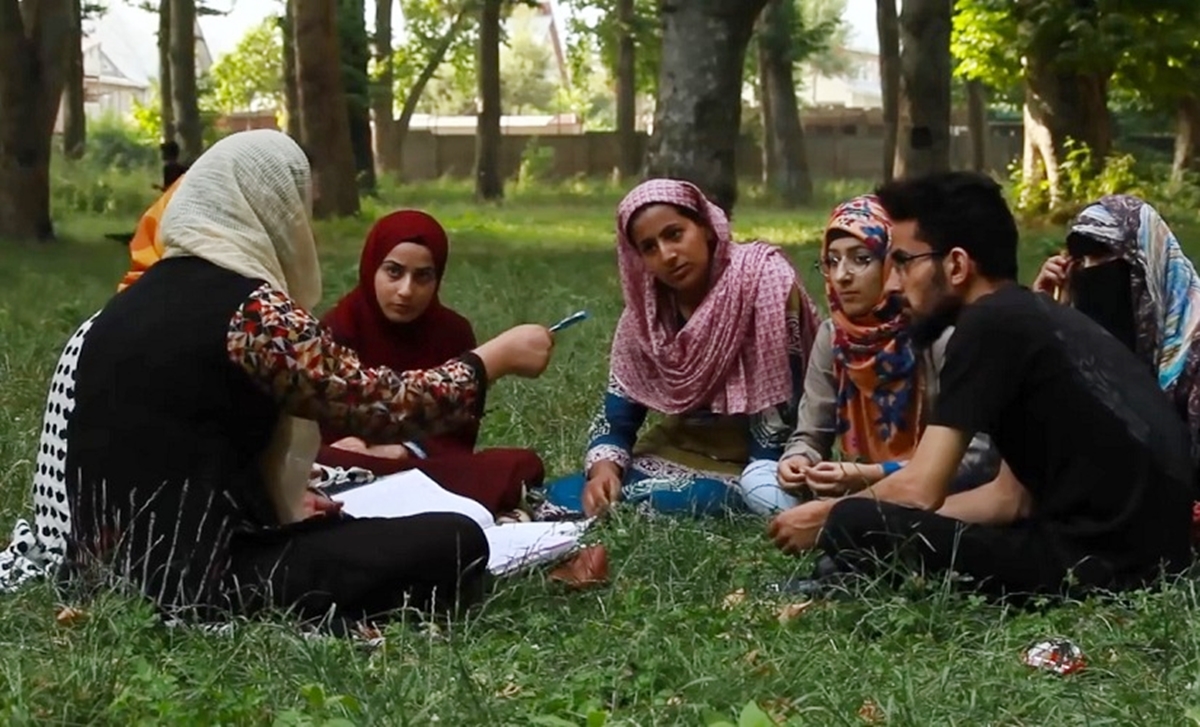Unarguably lockdowns, social distancing, quarantine and work-from-home paradigms in the aftermath of coronavirus have magnified the deeply entrenched gendered inequalities…
Login to Read!
This content is restricted to site members. If you are an existing user, please log in below. Or you can can create an account here.


